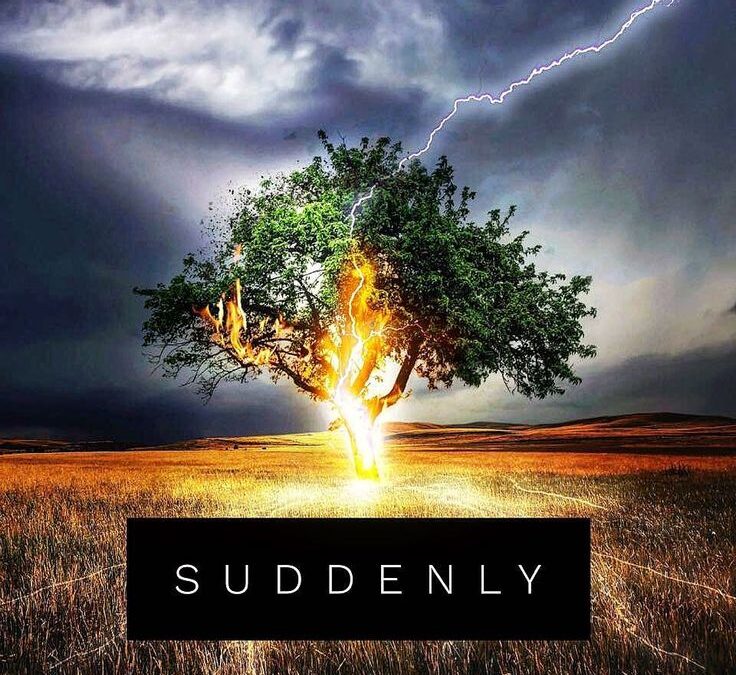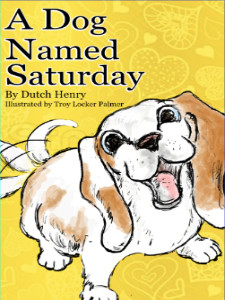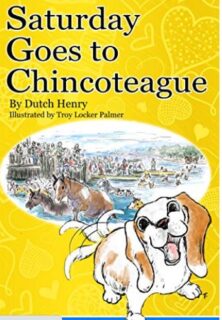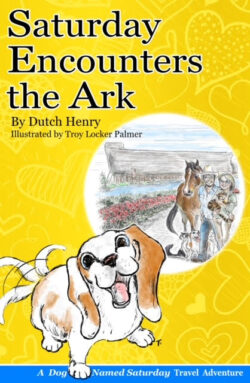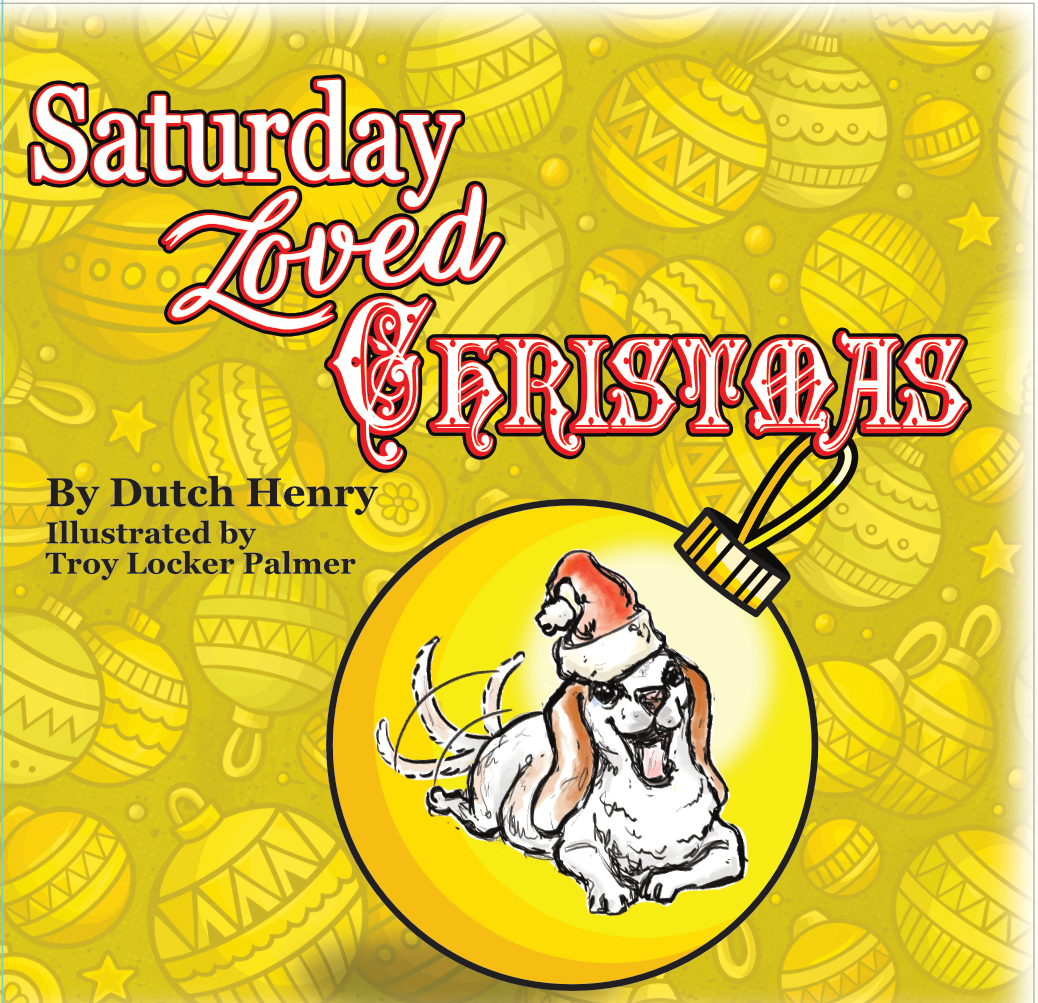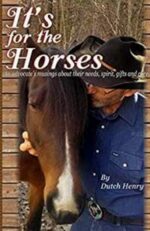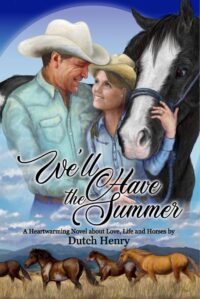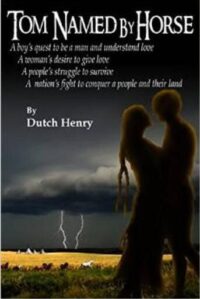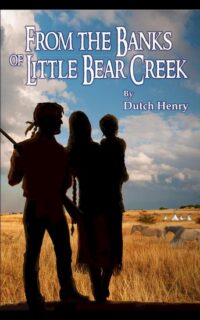Howdy Folks, “Suddenly – Don’t Use in Writing or Horsemanship”
I often think about, and write about, how living and working, or playing and learning with our horses, and writing have so many similarities.
The other day I was reading a writer’s blog about the overuse of the word, “suddenly” in a manuscript. Every word she said was exactly correct, and I’d hoped she would say more. I’ve always found the word “suddenly” to be a speed bump in a story or novel. Instead of propelling me with the action as the writer intends, it stops me dead in my reading tracks. Pushes me away.
In fact most “ly” words have that effect on me. If the author replaces the “ly” word with the action she’s trying to portray, we readers can be drawn in and feel the action. Instead of “hearing” about it. But “suddenly” for me is the worst of the “ly” words.
Here’s a brief example. “Suddenly she burst into tears.” Not much there, even if we knew why she had to cry. How about something like, “She needed to see him again. Where was he? Why can’t she find him? Sucking short breaths she tried to be strong, but her burning eyes flooded, tears streamed down her face.”
I’ve always found when I’m editing and re-writing if I re-write scenes or sentences with “ly” words the scene embraces me more. Adds depth, meaning and emotions. Yes it will add words, but I suggest they are words that build emotions and connection with the reader. And as writers aren’t they the two most important things? Emotions and connection.
In our relationship with our horses “emotions and connection” are most important as well. If we do anything, “suddenly” it’s more than a speed bump to our horse. It’s a “failure to communicate.” And as “authors” of the moment, it’s our job to “re-write the scene.”
If we replace that “ly” word, or action, with a more descriptive series of words and actions our horse will follow us, feel the emotion, and the connection. And our relationship will deepen.
It makes no sense to the horse when we bark commands, jerk on the lead rope, or wave our hands and arms. Sure we get a reaction, and that’s just what it is, a reaction. It’s not a connection. It’s best, even if the horse is making a mistake to follow through that mistake, see where it takes you, then build on it. Write the scene with easy to embrace description.
Engage your imagination, your intuitiveness, let your horse help write the scene in a way that embraces both of you. It’ll add words, but those words make all the difference.
Gitty Up ~ Dutch.

